Table of content
Introduction
Preserving food through various methods has been a cornerstone of human civilization, ensuring that nourishment is available even during lean times. Among the myriad preservation techniques, pickling stands out as a unique and flavorful way to extend the shelf life of various foods, including eggs. While most people are familiar with pickling vegetables like cucumbers or cabbage, fewer know about the intriguing practice of preserving eggs with alcohol. This culinary tradition, though less common in modern households, offers a fascinating glimpse into the world of food preservation and adds a delightful twist to traditional pickled dishes. In this article, we will explore the art of preserving eggs with alcohol, delving into the history, methods, flavors, and culinary applications of this unique preservation technique.
Historical Context
The practice of pickling eggs dates back centuries, with evidence suggesting that ancient civilizations, such as those in China and the Mediterranean, utilized various pickling agents, including vinegar, salt, and sometimes alcohol, to preserve eggs. While the exact origins of alcohol-preserved eggs are murky, it is plausible that this method emerged as a byproduct of the ancient art of fermentation. Early societies, adept at brewing beer and wine, likely discovered the preservative properties of alcohol and began experimenting with it as a means to extend the shelf life of perishable goods, including eggs.
Over time, different cultures developed their unique variations of pickled eggs. In Europe, for instance, hard-boiled eggs were often pickled in a mixture of vinegar, sugar, spices, and sometimes beer or wine, creating a tangy and slightly sweet treat. In Asia, particularly in China, pickled eggs with a strong vinegar base, sometimes enhanced with rice wine or other alcoholic beverages, were a staple in many households. These pickled eggs were not only preserved for longer periods but also infused with complex flavors that made them a delightful addition to various dishes.
The Science Behind Alcohol-Preserved Eggs
The preservation of eggs with alcohol relies on several scientific principles. Primarily, alcohol acts as an antimicrobial agent, inhibiting the growth of bacteria and fungi that cause spoilage. The high alcohol content creates an environment hostile to microorganisms, thereby extending the shelf life of the eggs. Additionally, the acidity of vinegar or other acidic components in the pickling solution further enhances its preservative properties.
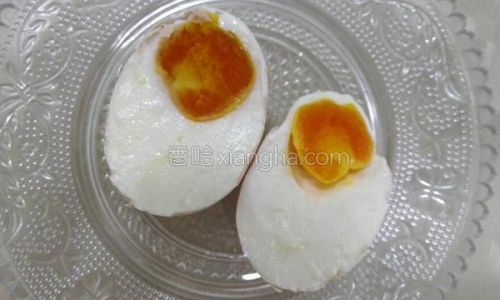
Moreover, the process of pickling involves immersing the eggs in a brine or solution that contains not only alcohol but also various spices, herbs, and sometimes sugars. These ingredients not only add flavor but also contribute to the preservation process by creating a more complex microbial environment that is less conducive to the growth of harmful organisms.
Methods of Preserving Eggs with Alcohol
There are several methods for preserving eggs with alcohol, each yielding slightly different results in terms of flavor, texture, and shelf life. Below are some popular techniques:
Basic Pickled Eggs with Vinegar and Alcohol
Ingredients:
- Hard-boiled eggs, peeled
- White vinegar (5% acidity or higher)
- Water
- Sugar (optional)
- Salt
- Your choice of alcohol (beer, wine, spirits, etc.)
- Spices and herbs (e.g., bay leaves, mustard seeds, garlic, peppercorns)
Instructions:
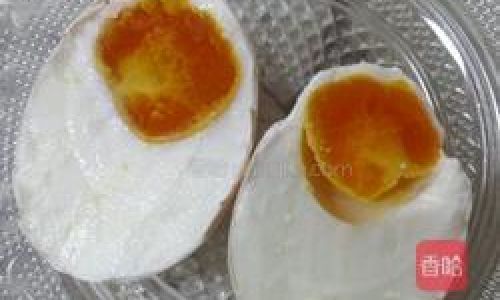
- Prepare the Pickling Solution: In a large pot, combine vinegar, water, sugar (if using), and salt in a ratio that suits your taste preferences. Generally, a 50-50 mix of vinegar and water is a good starting point. Add your chosen spices and herbs.
- Heat the Solution: Bring the mixture to a simmer, stirring occasionally until the sugar and salt are fully dissolved.
- Add Alcohol: Once the solution is hot, remove it from the heat and allow it to cool slightly. Add the alcohol, stirring gently to combine. Note that adding alcohol to a hot mixture can cause it to ignite, so be cautious.
- Prepare the Eggs: Ensure the eggs are completely cooled after boiling and peeling.
- Jar and Store: Place the peeled eggs into a clean, sterile jar. Pour the pickling solution over the eggs, ensuring they are fully submerged. Cover the jar tightly and store it in the refrigerator.
- Wait: Allow the eggs to pickle for at least a week before consuming. The longer they sit, the more flavor they will absorb.
Beer-Pickled Eggs
Ingredients:
- Hard-boiled eggs, peeled
- A light-bodied beer (lager or pilsner)
- White vinegar
- Sugar
- Salt
- Mustard seeds, bay leaves, and other spices
Instructions:
- Prepare the Beer Mixture: In a pot, combine the beer, vinegar, sugar, and salt. Adjust the proportions to taste. Add the spices.
- Heat and Cool: Bring the mixture to a simmer, stirring until the sugar and salt are dissolved. Remove from heat and let it cool completely.
- Jar the Eggs: Place the peeled eggs in a jar and pour the cooled beer mixture over them.
- Refrigerate: Cover the jar and store it in the refrigerator for at least a week before enjoying.
Wine-Infused Pickled Eggs
Ingredients:
- Hard-boiled eggs, peeled
- Red or white wine (depending on desired flavor)
- White vinegar
- Honey or sugar
- Salt and pepper
- Fresh herbs (e.g., rosemary, thyme)
- Garlic cloves
Instructions:
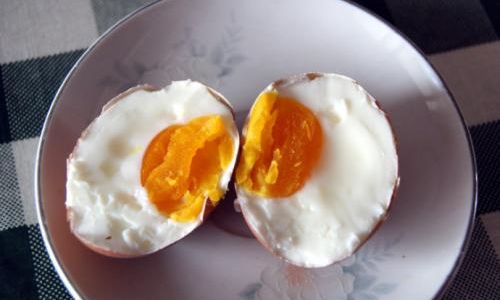
- Prepare the Wine Solution: In a pot, combine the wine, vinegar, honey or sugar, salt, and pepper. Add the herbs and garlic.
- Simmer: Bring the mixture to a simmer, stirring occasionally until the sugar or honey is dissolved.
- Cool and Jar: Let the mixture cool completely. Place the peeled eggs in a jar and pour the wine solution over them.
- Refrigerate: Cover the jar and refrigerate for at least a week.
Flavor Variations and Culinary Applications
The beauty of pickling eggs with alcohol lies in the endless possibilities for flavor variations. From sweet and tangy to savory and spicy, the addition of different spices, herbs, and sugars can transform the basic pickled egg into a culinary delight. For instance, adding a splash of soy sauce or fish sauce to the pickling solution can give the eggs an Asian flair, while incorporating hot peppers or mustard seeds can add a spicy kick.
In the kitchen, pickled eggs can be used in various dishes, from appetizers to main courses. They can be sliced and served on salads, added to sandwiches or wraps, or used as a garnish for soups and stews. Their unique flavor and texture make them a delightful addition to charcuterie boards or as a standalone snack.
Conclusion
Preserving eggs with alcohol is a fascinating culinary tradition that combines the art of food preservation with the joy of flavor experimentation. By immersing hard-boiled eggs in a solution of vinegar, water, sugar, salt, spices, and alcohol, one can create a tangy, savory, and sometimes sweet treat that is not only preserved for longer periods but also infused with complex flavors. Whether you prefer the subtle tang of beer-pickled eggs, the rich notes of wine-infused pickled eggs, or the bold spices of vinegar-and-spirits pickled eggs, this preservation technique offers a delightful way to elevate your culinary repertoire. So, the next time you’re looking for a unique and flavorful way to preserve eggs, consider giving the alcohol-pickling method a try. It’s a culinary adventure that’s sure to delight your taste buds and impress your guests.
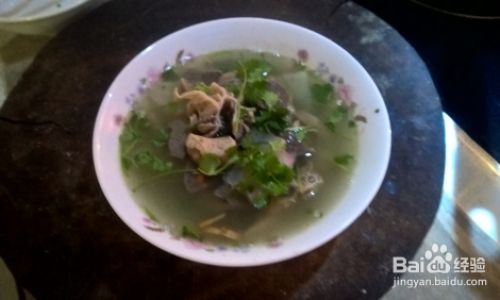
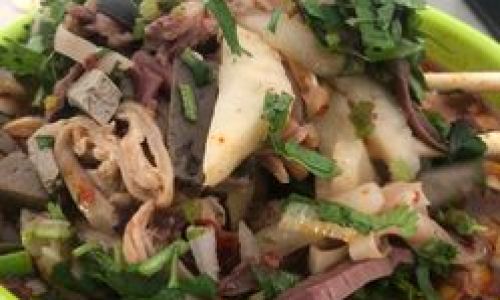
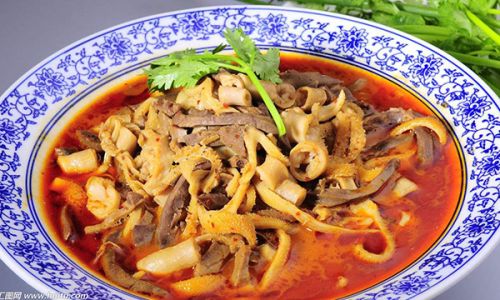
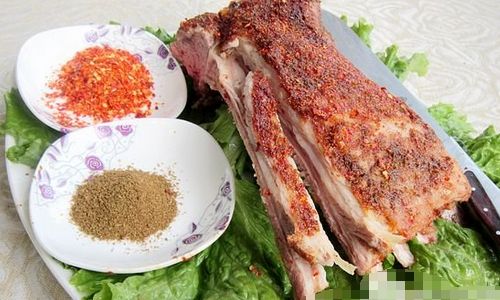

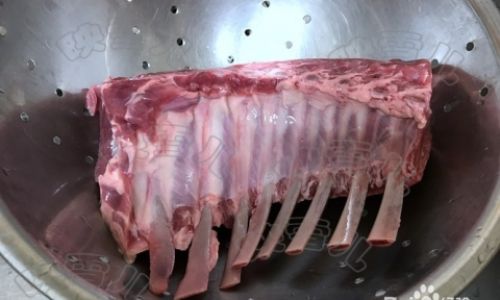
0 comments